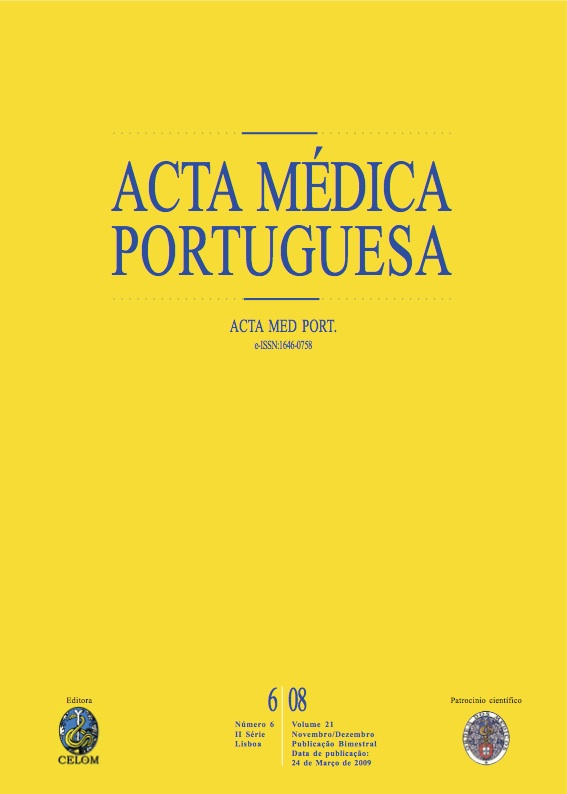Neurocognitive functioning in euthymic patients with bipolar type I disorder.
DOI:
https://doi.org/10.20344/amp.826Abstract
Bipolar disorder (BD) is a chronic mental disorder that affects 1-3% of the population, and is characterized by affective episodes that alternate with periods of euthymia. Although traditionally patients were thought to return to premorbid functioning levels during the inter-episode periods, recent evidence suggests that cognitive deficits persist even during periods of euthymia, and may impair patients working and functioning status.The present study aimed to characterize the neurocognitive and psychosocial functioning in a sample of Portuguese bipolar type I patients.Sixty-five BD type I patients were compared to 50 healthy controls with an extensive neuropsychological battery to assess to assess attention and mental control, speed of processing, executive functions, and verbal memory. Mood symptoms were assessed with the Hamilton Depression Rating Scale and with the Young Mania Rating Scale, and psychosocial functioning was assessed with the Global Assessment of Functioning (GAF).BD patients performed overall significantly worse on neurocognitive tests as compared to healthy controls, but especially on verbal memory and executive functions, even after controlling for educational level and mood symptomatology, showing moderate to large effect sizes on these domains. BD patients scored significantly lower on the GAF as compared to healthy controls, and psychosocial functioning was significantly correlated with performance on all neurocognitive tests. Although there were less BD patients active and working, and more patients inactive and/or retired, working status did not correlate significantly with neurocognitive performance.The results of our study support the hypothesis that BD type I patients present global cognitive deficits even whilst in euthymia, especially in the domains of verbal memory and executive functions. These cognitive deficits correlate with the functional difficulties that many patients present in the course of the disease, but their impact on working status is still not clear.Downloads
Downloads
How to Cite
Issue
Section
License
All the articles published in the AMP are open access and comply with the requirements of funding agencies or academic institutions. The AMP is governed by the terms of the Creative Commons ‘Attribution – Non-Commercial Use - (CC-BY-NC)’ license, regarding the use by third parties.
It is the author’s responsibility to obtain approval for the reproduction of figures, tables, etc. from other publications.
Upon acceptance of an article for publication, the authors will be asked to complete the ICMJE “Copyright Liability and Copyright Sharing Statement “(http://www.actamedicaportuguesa.com/info/AMP-NormasPublicacao.pdf) and the “Declaration of Potential Conflicts of Interest” (http:// www.icmje.org/conflicts-of-interest). An e-mail will be sent to the corresponding author to acknowledge receipt of the manuscript.
After publication, the authors are authorised to make their articles available in repositories of their institutions of origin, as long as they always mention where they were published and according to the Creative Commons license.









